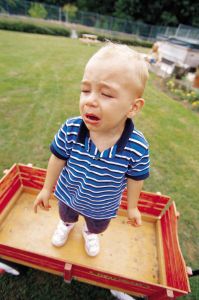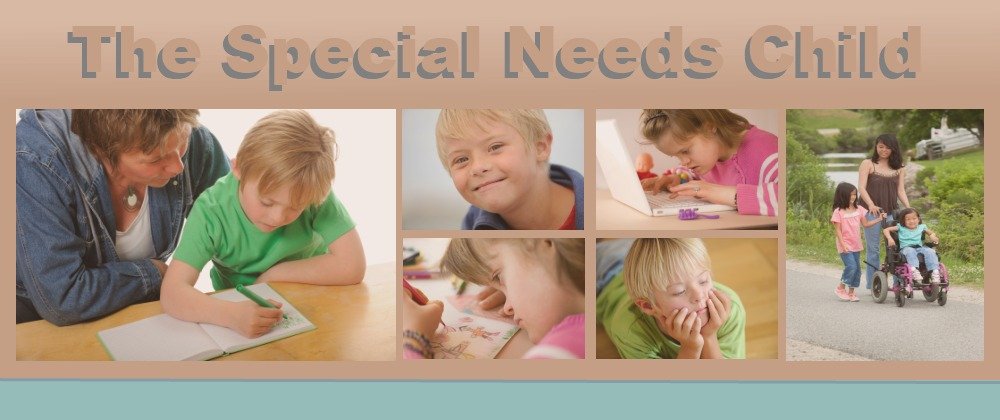|
TEACHING RULES AND ROUTINES
 The best strategies for establishing rules and routines for acceptable behaviour from your special needs child are those strategies
that are pro-active and preventative.
The best strategies for establishing rules and routines for acceptable behaviour from your special needs child are those strategies
that are pro-active and preventative.
In order for your child to be co-operative, at home and at school, they need to understand and follow your rules and stick to consistent routines.
Getting this right will mean that you have a stable environment at home, and your child will have no problems following rules at
school,
thus making learning
more constructive.
Firstly, you have to communicate your expectations for acceptable behaviour to your child.
You will then have to teach your child how to follow your rules,routines and schedules because simply telling them may not always be enough.
Try the following steps to make this transition process a success:
- Describe the acceptable behaviour with words and actions - be specific.
- Provide plenty of opportunities for your child to practice expected behaviours, and continuously reinforce the new rules and routines. If your child is
experiencing behavioural difficulties, show and tell them what is acceptable behaviour in various different situations.Remeber, your child will learn
from copying you.
- Keep giving your child honest, positive, encouraging and ongoing feedback. Let your child know when he is behaving appropriately and when he isn't.
Also let them know when there is something that they can do to improve their behaviour. Be specific when you are praising your child for his acceptable behaviour
or what exactly it is about his behaviour that is not acceptable. Give regular reminders of rules and routines, and this will help to establish
a good learning environment.
- What happens when your child does break the rules? Never embarrass them, take them to one side and explain to them why you needed to bring to a spot
where you can talk alone. Ask them what they have done that was not appropriate, usually they can tell you and ask them how they should have handled the situation.
Explain to them what the consequences will be if the behaviour is repeated. Keep in mind that the consequences need to be
logical and fit the behaviour deviation.
- You can never predict every behaviour problem that you may come across, but you know your child, so you will be able to identify many of them.
Once you are prepared for the most common problems, you will be able to cope and change many of them. Keep a list of your childs behaviours that need to be changed
and also preventative and reactive strategies that will ultimately lead to acceptable behaviour. Being prepared and knowing how to handle behaviour
problems is half the battle won!
Use flexible common sense and know when to be flexible enough to compromise.
Recommended Reading:
Rules and Routines
Return from Rules and routines back to Home page
Return from Rules and routines back to Behaviour problems
Improving Behaviour
|



 The best strategies for establishing rules and routines for acceptable behaviour from your special needs child are those strategies
that are pro-active and preventative.
The best strategies for establishing rules and routines for acceptable behaviour from your special needs child are those strategies
that are pro-active and preventative.





